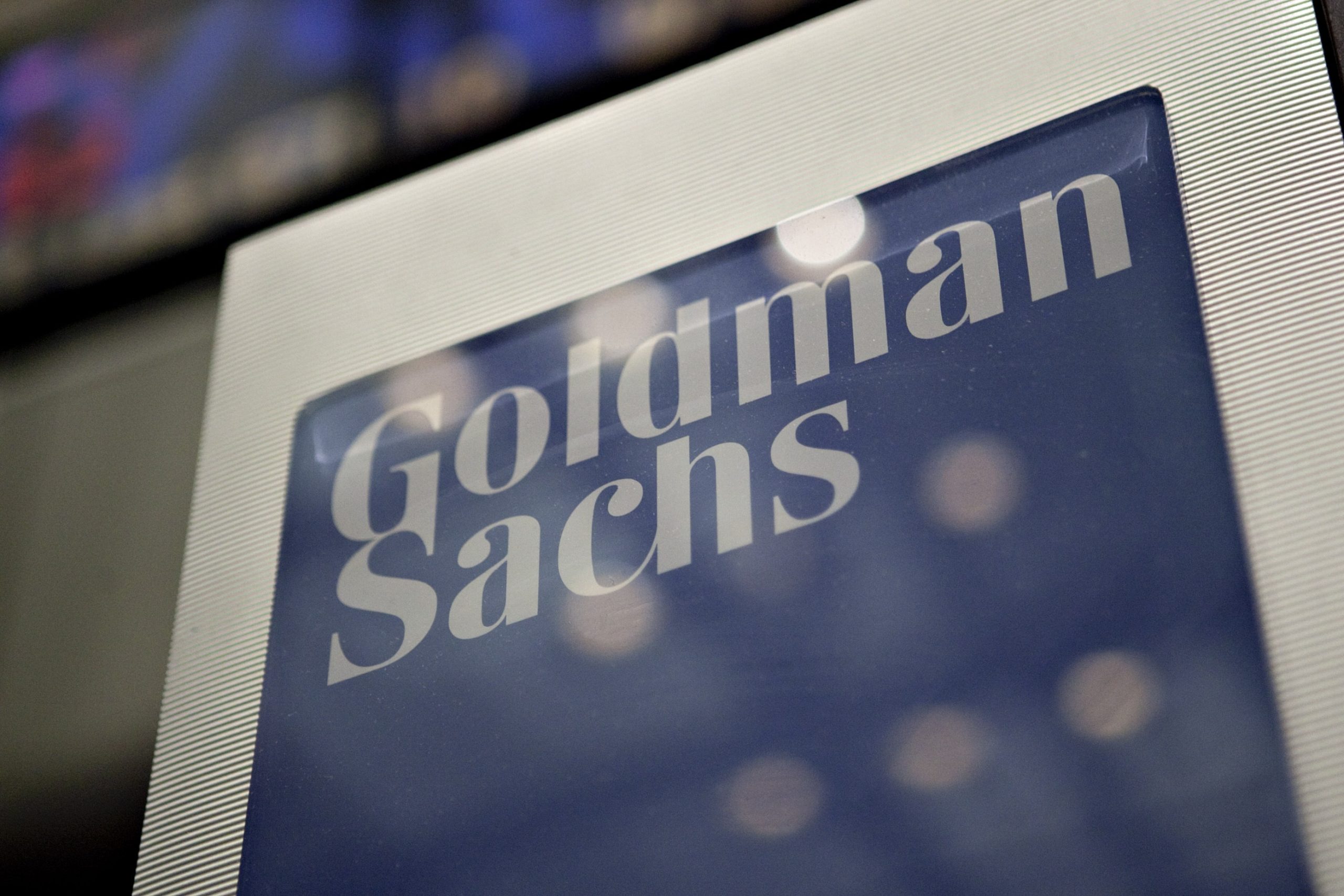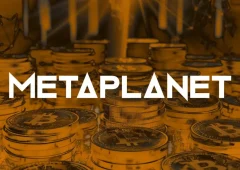Goldman Sachs Eyes Tokenized Future as Crypto Demand Grows
03.05.2025 10:00 1 min. read Alexander Stefanov
Goldman Sachs is preparing to scale up its involvement in digital assets, signaling a major shift in how traditional banking views crypto.
At the TOKEN2049 conference, Mathew McDermott, who leads the firm’s digital assets division, revealed that Goldman plans to expand beyond trading into crypto lending and tokenization—two areas it sees as key to staying competitive.
This move comes amid rising demand from institutional clients looking for exposure to blockchain-based financial products.
While Goldman has dabbled in crypto through private market transactions, its upcoming push will focus on creating tokenized assets and improving liquidity through blockchain-based collateral systems.
The firm is currently navigating regulatory hurdles before launching its next wave of offerings.
Goldman’s evolving stance reflects a broader industry trend: legacy financial players increasingly recognize that ignoring digital assets may be riskier than embracing them. Voices like Eric Trump have amplified that view, warning that traditional banking systems could become obsolete without integrating crypto solutions.
Goldman isn’t alone. Morgan Stanley is reportedly preparing to expand its crypto access as well, exploring new partnerships to offer brokerage clients direct exposure to major tokens like Bitcoin and Ethereum.
-
1
NFTs Quietly Evolve Into Core Digital Infrastructure
13.06.2025 17:00 2 min. read -
2
Peter Thiel-Backed Bullish Quietly Files for IPO as Crypto Firms Eye Wall Street
11.06.2025 22:00 1 min. read -
3
MEXC Sets Up $100M Emergency Fund to Protect Users From Major Security Incidents
12.06.2025 11:00 1 min. read -
4
Binance Enters Syrian Market as Sanctions Ease
12.06.2025 22:00 1 min. read -
5
Cardano Considers Crypto Wealth Fund to Supercharge DeFi
13.06.2025 21:00 2 min. read
Key U.S. Events to Watch This Week That Could Impact Crypto
The first week of July brings several important developments in the United States that could influence both traditional markets and the cryptocurrency sector.
Here Is How Your Crypto Portfolio Should Look Like According to Investment Manager
Ric Edelman, one of the most influential voices in personal finance, has radically revised his stance on crypto allocation. After years of cautious optimism, he now believes that digital assets deserve a far larger share in investment portfolios than ever before.
GENIUS Act Could Reshape Legal Battle over TerraUSD and LUNA Tokens
In the case involving Terraform Labs and its co-founder Do Hyeong Kwon, the defense has asked the Federal Court for the Southern District of New York to extend the deadline for pretrial filings by two weeks, pushing it beyond the original date of July 1, 2025.
Coinbase Surges 43% in June, Tops S&P 500 After Regulatory Wins and Partnerships
Coinbase has emerged as the best-performing stock in the S&P 500 for June, climbing 43% amid a surge of bullish momentum driven by regulatory clarity, product innovation, and deeper institutional interest in crypto.
-
1
NFTs Quietly Evolve Into Core Digital Infrastructure
13.06.2025 17:00 2 min. read -
2
Peter Thiel-Backed Bullish Quietly Files for IPO as Crypto Firms Eye Wall Street
11.06.2025 22:00 1 min. read -
3
MEXC Sets Up $100M Emergency Fund to Protect Users From Major Security Incidents
12.06.2025 11:00 1 min. read -
4
Binance Enters Syrian Market as Sanctions Ease
12.06.2025 22:00 1 min. read -
5
Cardano Considers Crypto Wealth Fund to Supercharge DeFi
13.06.2025 21:00 2 min. read


